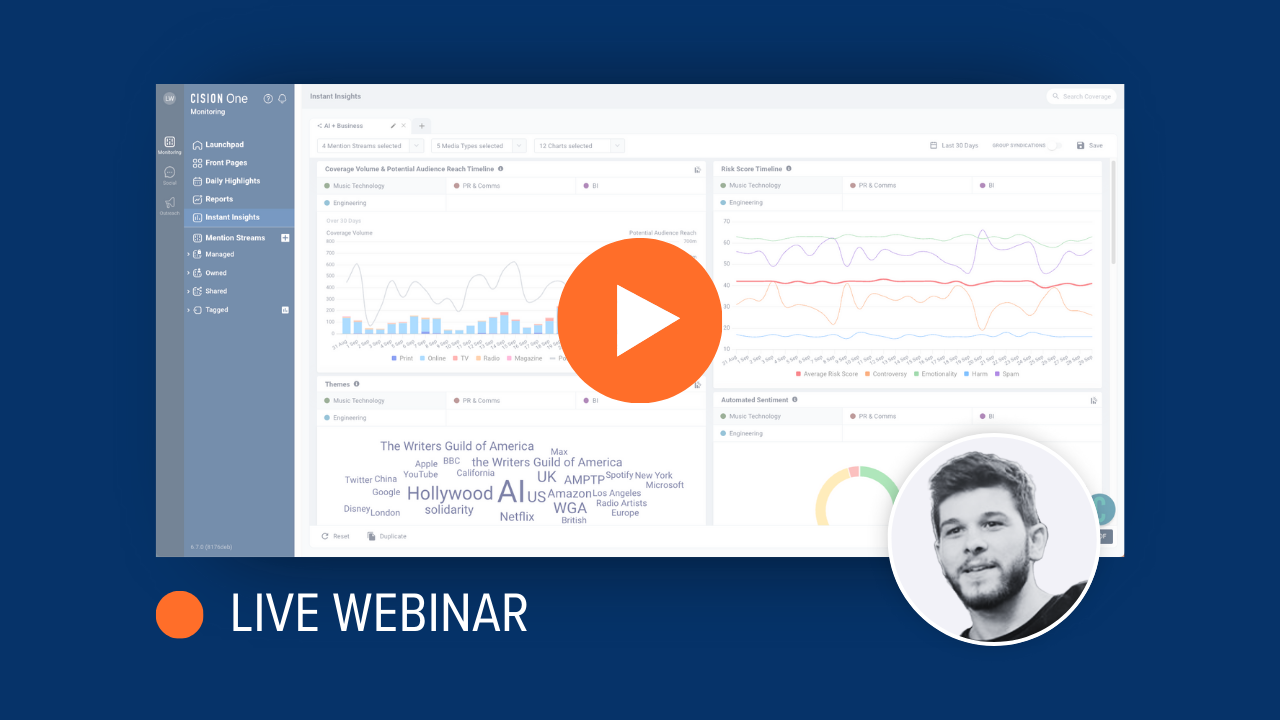Alex Hudson has moved on from Metro.co.uk after five years as Deputy Editor to take on the role of Newsweek International’s new Editor. We asked him about growth strategy, pitching tips, and his plans to strengthen Newsweek’s connection with UK audiences.
What will be the biggest challenges in your new role? (Pre- and post-COVID-19 answers?)
The most immediate one is prioritizing US spelling. I learned my trade with the BBC News style guide and have an English degree (and journalism postgrad) from UK universities so it’s hard to realize how much of a change that is.
More importantly, the biggest challenge is proving to UK and overseas audiences that a US publication with nearly 90 years of heritage is speaking directly to British and European audiences.
Newsweek International has to be the voice that UK audiences trust, come back to and know that, just because the main magazine is in the US, we’re still getting right to the middle of stories important to them
It’ll take a little time but Newsweek International has to be the voice that UK audiences trust, come back to and know that, just because the main magazine is in the US, we’re still getting right to the middle of stories important to them on a national then international level.
With coronavirus, Newsweek is already a trusted source for that information in the US. How we might do that with international audiences is more tricky, given it is the single biggest story in town by a huge distance that everyone is covering and has been covering for a while. It also makes planning diaries nearly impossible because we don't have any timescale on when things will change. It's an unprecedented event that requires unprecedented coverage but certainly challenging when starting a team from scratch.
Your team oversaw a large audience growth in your 5 years at Metro.co.uk – what did you learn about growth strategy?
That growth was amazing. When I started, it was a team of 20-or-so people and an audience of around 17 million. By the time I left, it was an audience of 74 million with over 100 journalists.
I learned so, so much but those sorts of insights are not for public discussion. I am always willing to discuss things over coffee, however.
The overarching thing is that there is no real trick to this: treat your audience with respect and know that they are intelligent people with busy lives. What do they want from you and how can you provide it consistently? This means creating your entire operation in a way that makes sense to audiences, there’s enough there to interest them and enough quality for them to come back for.
It’s the same as it ever was, just the discovery mechanics (search, dark social, public social) are new. Even those 'modern' mechanics are predominantly word of mouth given some fancy new names.
... treat your audience with respect and know that they are intelligent people with busy lives. What do they want from you and how can you provide it consistently?
Just write better stories, create more exciting content, find important unheard voices that other places are either unwilling or unable to find (often both) and make sure they’re front and center (center is another hard one in the new style guide).
If you write stories worth remembering, they’ll be remembered. Don’t try and cut corners with audiences or they’ll either resent you for it or not remember they visited at all. There’s 1% of your total audience who matter most to any publisher. Make sure you know them as much as you can and make sure that they know you. It’s how you do that which is the fascinating thing of any growth strategy and the thing most up for discussion across the industry… or at least it should be.
I think I got that at least as right as anyone else and look to build on my expertise going forward.
What do you know about Newsweek readers? Is the readership changing?
I’m trying to learn as much as I can about Newsweek readers as quickly as possible. There are loads of them, firstly, and it’s a really broad audience that’s growing. That’s mainly in the US at the moment, but it’s fascinating to see the stories that travel and how engaged they are with the news agenda. Of course, there’s a key place for entertainment and culture but it’s brilliant to see an audience engage with difficult topics from both sides of the argument.
That’s what a Newsweek audience expects: not that we avoid opinions but make sure all reasonable views are reflected. We provide the facts, analysis and the views from both sides then let the audience make up their own mind. It’s that mantra, if you will, that’s running through what Newsweek is doing.
My first job is making sure more of the UK knows that, trusts Newsweek for the quality and breadth of its content, and starts building appointments with us, whether on the app, by email, by homepage, social media or wherever else.
What have you learned about working with PRs? What makes a good (or a bad) pitch?
Don’t send me a release you know is terrible. Or do, but WhatsApp me a note saying that you know it’s terrible but you had to send it. My best working relationships with PRs are ones who polish a turd as best they can but still call it a turd. It means when they say something’s worth looking at, I’m more likely to believe them.
Beyond that, understand Newsweek and our target audiences, understand the tone of the publication and don’t pretend that it’s going to be exclusive when it’s not. If you embargo a release where there’s no reason for that embargo, I’ll ignore it instantly.
Offer a reason for us to cover it, offer access to people and or situations that are newsworthy and build real rapport with the people you target rather than scatter gunning your releases.
With those pitches, you have the subject line and the first sentence if you’re lucky. Sorry. Each morning, I have a folder for all the emails that arrive from people I don’t know. I select all then scroll down the list unticking things that look interesting from the subject line. I then delete everything else.
Offer a reason for us to cover it, offer access to people and or situations that are newsworthy and build real rapport with the people you target rather than scatter gunning your releases.
There are very few press releases that get picked up because they’re just that compelling. Why now? Why this? Why you?
If you call me to ask if I’ve got your email, I’ll assume you don’t understand how internet messaging works, I won’t rush to my inbox to look for it.
An editor does many jobs at once: which part is the most rewarding?
You can never pick one. It’s the variety that’s most exciting. With Newsweek International, it’s a full relaunch project that I’m in charge of so I suppose it’s that:
It’s the chance to build something truly from the ground up. How can Newsweek rejoin all those conversations domestically? How can we begin to start those conversations? How does Newsweek get back into the front of Britain’s mind? That said, I still like breaking stories and setting the agenda, or at least being at the start of the conversation.
If you look at where Metro went in the end, The Future Of Everything - a tech series about, well, everything - unearthed so many untold stories that ended up traveling the world (traveling is nigh-on impossible to spell in the ‘new’ version of US correct).
Metro’s The State Of Racism, about the difficult conversations and reality of BAME people in Britain, is doing a similar job of telling stories that should be told but aren’t being. How Newsweek International finds those topics, explores demanding issues and comes at them rigorously and impartially is something I’m truly excited about.
As for rewarding? Finding out people have learned something they didn’t know about before and it’s changed, in whichever small way, how they see the world.
In my final email at Metro, I wrote that everyone should “keep believing that journalism can and should be even better. Keep setting the standard for stories that should exist. Keep being adventurous with the sorts of topics that can be talked about and keep being the platform shedding light on them. Keep being the example for our competitors to follow”.
As Newsweek and Newsweek International continue to follow all those lofty (and pretentious, yes, sorry) aspirations, that’ll be incredibly rewarding.
Follow @UKMedia_Moves on Twitter or find out more about our Journalist Services
Most Recent Posts
Cision Resources
-
E-books and Guides
Comprehensive how-to guides on strategy and tactics
-
Case Studies
What are other brands doing – and how can we learn from them?
Learn More. Do More. demo new
PR Tips, Case Studies, and Product Updates

[On-Demand Webinar] The Next Generation of Media Intelligence: From Gorkana to CisionOne
Explore CisionOne, a revolutionary media intelligence platform, and the evolution of Gorkana. Learn key features and strategies from Luke Williams, CisionOne Product Marketing Manager. Elevate your media outreach to new heights!

